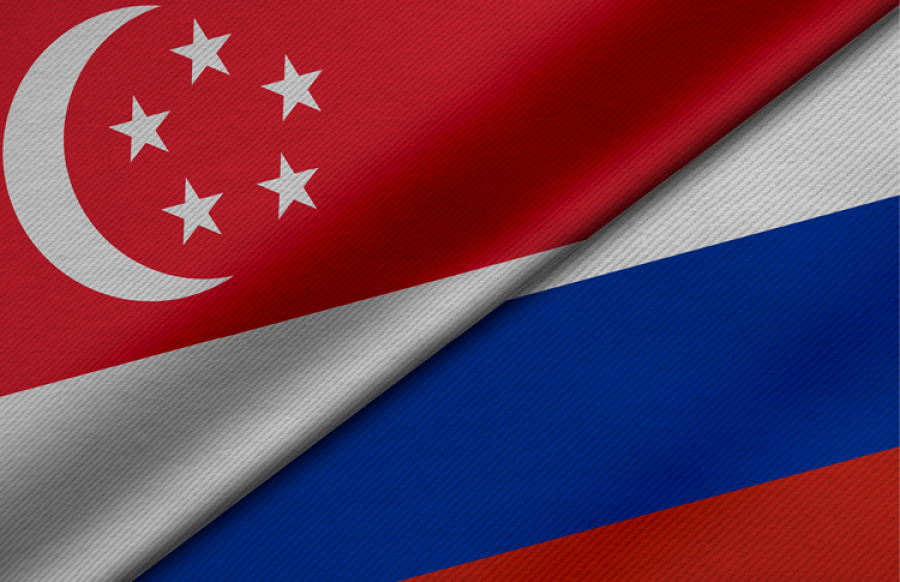
With Russia’s invasion of Ukraine growing increasingly bloody and allegations of war crimes mounting, Singapore has taken a stronger stance than other Southeast Asian countries. In March, the city-state’s Ministry of Foreign Affairs (MFA) announced sanctions that extend to banks, and export bans on computers, electronics and military items.
An MFA spokesperson said the inva-sion had set “a dangerous precedent,” prompting the government to act.
In light of the restrictions, Singapore’s financial institutions are barred from entering into transactions with Bank Rossiya, Promsvyazbank Public Joint Stock Company, Foreign Economic Affairs Vnesheconombank and the Corporation Bank for Development. The ban also extends to cryptocurrencies and takes aim at fundraising activities that would benefit Russia’s government.
It was not lost on observers that Singapore had acted independently in its move to sanction Russia and in the absence of binding United Nations Security Council resolutions.
Chia Voon Jiet, a dispute resolution director and co-head of the investigations practice at Drew & Napier, says Singapore “rarely imposes sanctions on other countries” without such resolutions, and this in fact is “only the second time that Singapore has imposed unilateral sanctions.”
However, Chia says, “as the Singapore government considers the Russian invasion a ‘dangerous precedent and an ‘existential issue’ for a small sovereign state like Singapore, it made the decision to impose targeted sanctions and restrictions against Russia to uphold principles that are fundamental to the sovereignty and territorial integrity of smaller nations.”
With regard to the sanctions themselves, he says the measures which target Russian banks, entities and activities in Russia, as well as fundraising activities benefiting the Russian government, apply to all financial institutions in Singapore.
As a result, “this will likely lead to an increase in compliance costs as financial institutions take appropriate measures to ensure they do not fall foul of these sanctions.”
“That said, most, if not all, financial institutions should already have well-established internal policies and protocols in place for conducting due diligence and sanctions screening on their counterparties and transactions. Many financial institutions will also have to ensure that they comply with the sanctions imposed by the US and the EU against Russia, on top of the Singapore sanctions,” Chia notes.
“The general consensus at the moment is that the sanctions are unlikely to have significant impact on most businesses in Singapore, although the fact remains that Russia is a sizeable economy. Singapore companies that have dealings with Russian entities or have some exposure to Russia will be most immediately affected. In particular, the flow of funds between Singapore and Russia may be disrupted. Singapore’s financial measures may also lead to supply chain disruption and higher costs, especially for companies in the technology, and oil and gas sectors,” he adds.
Additionally, the sanctions could lead to some parties having to rely on force majeure or sanctions clauses in their contracts to avoid or delay fulfilling their contractual obligations, Chia notes, adding that this could potentially give rise to disputes.
“Should these sanctions remain in place for the longer term, it is quite possible that lawsuits will arise as parties seek to rely on such clauses to delay or avoid their contractual obligations,” Chia says.
At present, businesses and the legal community are still assessing how sanctions and restrictions against Russia could affect their operations and their contractual obligations, as well as the long-term effects of these sanctions, he notes.


